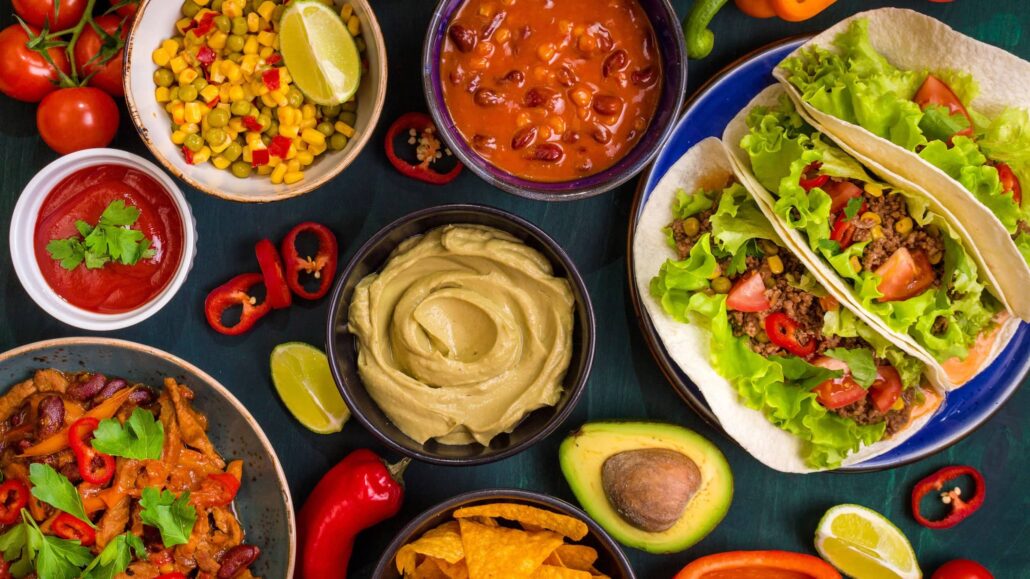“If you eat the native Tahitian food, you will not have diseases like the ones that are very common today. A Vegetarian diet is far better than a meat diet.”
Nobody knows the origin of the people of Tahiti. One theory holds that the original Tahitians came from Peru. Another theory holds that they came from Asia.
Even our friend, Revatua Brotherson, (also called Michael), a 23 -year old English student, and his family are not purely Tahitian in origin. “My father’s family came from Denmark, then migrated to America, and then to Tahiti.” Speaking French, Tahitian and English, he is now one of the many people in Tahiti who are of mixed races.
Tahiti is the main island among a group of beautiful islands located in the Pacific called the Society Islands or French Polynesia. Other islands in the group include Tuomoto, Gambier, Marquises and Australes. For thousands of tourists who flock to Tahiti, it is simply a paradise of pristine beaches and thousands of stately palms. And to people who appreciate healthful, traditional food, it is a treasure house of interesting discoveries.
“In Tahiti, people eat only two meals a day,” says Pastor Michel Brotherson, Revatua’s father, “one in the early morning at around 6:00, and the other at around 5:00 in the afternoon. Then people go to sleep early and wake up early the next day. Then the whole day they work as farmers and fishermen.”
One may wonder how the Tahitians can sustain their energy throughout the day. But one quick look at their basic diet will show how naturally healthy and filling it is! While you may be breakfasting on sinfully rich chocolate cake chased down by caffeine-laden, strong black coffee, a native Tahitian starts the day by eating large quantities of any of these whole foods: taro, tapioca, sweet potatoes, potatoes or yam (ufi). In addition to this, they eat a lot of fafa (leafy vegetables such as pumpkin leaves, taro leaves, tapioca leaves) – either cooked in oil with onions or in coconut cream. Ipo, a native Tahitian bread made from flour, coconut cream and honey, is also a popular part of the meal.
“Tahiti is an island that has many coconut trees and banana trees,” continues Revatua, “so most of the dishes are cooked in coconut cream. There are many varieties of bananas, including a particular variety called fei, which is known to be very nutritious. It is mashed and fed to small babies.” Rootcrops and other dishes would usually be baked in a traditional ground oven called an ahimaa. This is made up of volcanic rocks that are heated by fire so they become extremely hot. Then the fire is put out, food is arranged neatly on top of the rocks and the ground is covered with banana leaves and tapioca leaves to keep the heat from escaping. Nowadays, of course, people will simply use a modern oven to bake food, but in the olden days, every family would have an ahimaa. They preferred food cooked that way because the taste was better.
Millions of people in the world today hardly see the direct connection between a sound, vegetarian diet such as the native Tahitians’ and physical stamina or resistance to diseases. To prove this, Revatua shares with us an interesting fact he learned in high school. He says, “Archaelogists found some grave stones which revealed that the Tahitian ancestors were very tall –about 3 meters (15 ft.) high and very strong. One man could carry one big slab of grave-stone. And it was because of the food that they ate.” At that time, Tahiti was always in war, so the king needed tall and strong warriors. If anybody measured less than 3 meters, his head was cut off! Even the prince had to measure up to this standard height because the prince will later become king. Added to this, is the fact that the ancestors lived up to be more than 100 years old.
Revatua, himself a vegetarian, lives a very active sports life – he surfs, jogs and plays soccer. He is physically very strong and hardly ever gets sick. Although his breakfast now consists mostly of corn-flakes, wheat mix, muesli, cereals, milk and ipo, he still speaks highly of the native Tahitian food. His advise: “If you eat the native Tahitian food, you will not have diseases like the ones that are very common today. A Vegetarian diet is far better than a meat diet.”
Yes, indeed…and we too believe that in the native Tahitians’ hearts, the sea, the land, the land’s produce and man are always in harmony. How else could they live such a long, healthy, and stress-free life?
